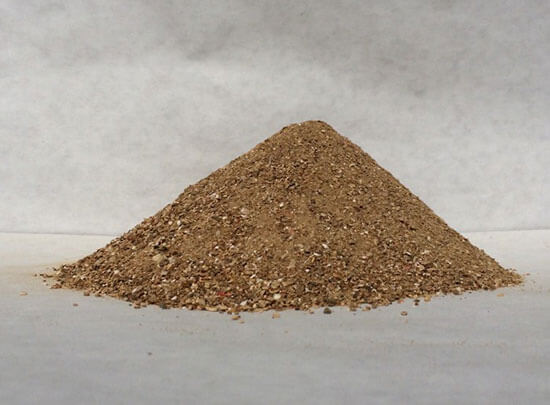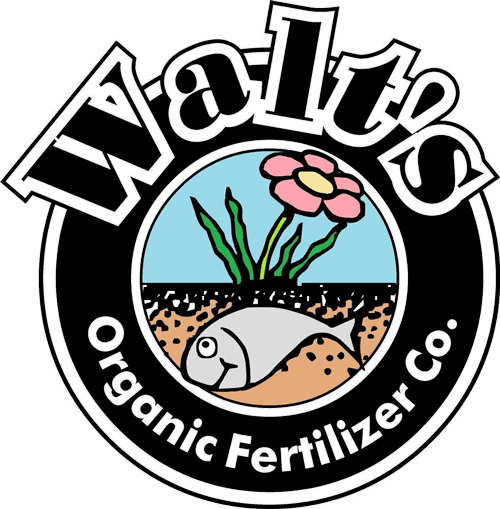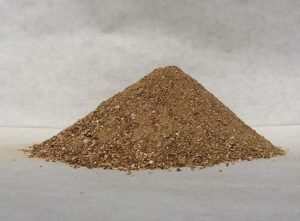
Just how does this product work against Garden Symphylans? ~Customer October 18, 2016.
“Animal-based amendments include chitin-containing crab shells and shrimp shells that apparently stimulate populations of soil-dwelling fungi that feed on chitin. Because chitin is a component of nematodes’ egg shells, these chitin-feeding fungi also feed on these egg shells.” (http://ipm.ucanr.edu/PMG/r280200111.html).
~Walt
This would be a great answer if I had asked about Nematodes. I didn’t – I asked about Symphylans, which is a very different creature… ~Customer October 18, 2016.
Below you will find a few more quotes suggesting the relationship between crustacean shell chitin a soil amendment to foster greater concentrations of microorganisms (bacteria and fungi) in the soil to combat chitin-based organisms. So, the previous quote provided (linked to a nematode study) should apply also to symphylans. Ultimately, for us, success of control using crab meal is largely anecdotal. We have a client in California that has ordered crab meal from us repeatedly swearing it made a huge difference for them battling a symphyla problem in their soil. We make no guarantee it will control these soil organisms, but client feedback has been positive. For pest control, the goal should not be eradication, but to keep populations at an acceptable level. I would hazard to suggest that Symphylans play an important role in the soil. Crop rotation would probably also be worth considering.
“Neptune’s Harvest Organic Crab Shell (2-3-0) is an excellent dry organic source of nutrients, including Calcium (23%) and Magnesium (1.33%). It retains moisture in the soil and builds the organic matter. It also gives the roots something to grab onto and wrap around, for a food source, creating a deeper root system. Crab Shell is high in Chitin (Kite-en), which promotes the growth of Chitin eating bacteria in the soil. It will help eliminate Ants, Grubs, Fungus and Root Nematodes, because they are all Chitin based in structure. Put around plants, Crab Shell will keep Slugs and snails off. It also helps choke out weeds and keep moles, voles, mice, etc… from digging up bulbs and root vegetables.” http://www.neptunesharvest.com/cs-650.html
“Crab meal may not be the first thing you think of when looking for a fertilizer or soil amendments for your garden, but you may start to think a little deeper into the topic! Its benefits are huge! Besides the fact that crab meal is eco friendly, it’s organic and loaded with nitrogen, phosphorous, calcium and magnesium. It is slow release which is healthier for plants and it also helps with nematode and fungus problems in the soil. Because it is also high in chitin it encourages soil microorganisms to discharge enzymes called chitinases, which break down the chitin that are a part of the nematode egg shell. Crab meal can be considered a bio-pesticide (preventing, destroying or repelling) for this reason. It can be worked into the soil or add it in the planting hole when transplanting. It’s great for planting with tomato crops not only for the fertilizer benefits, but the calcium is great for helping prevent blossom end rot. Use 2 Tbsp per transplant hole and mix the existing soil or add 5- 10 lbs per 100 square feet. Crab meal is also a great activator to add to your compost. It really gets the microorganisms on the move and helps with the breakdown process for faster and more robust compost!” https://www.alisorganics.com/blogs/news/7342684-crab-meal-fertilizer-soil-amendment-what-is-it-good-for
“Chitin, which makes up the skin and eggs of many soils pests, is also found in shrimp shells. Adding
micronized shrimp shell meal may increase chitin-feeding fungi, which could reduce symphylans populations.”
http://mysare.sare.org/sare_project/fw01-089/?page=final&view=print
“Crab shell is high in chitin, which promotes the growth of chitin eating bacteria. The exoskeletons of fungus and harmful varieties of nematodes eggs are high in chitin. When added to the soil, crab shell helps to create a hostile environment for the fungus and root destroying nematodes by feeding the biological life that eats chitin and chitin based organisms.
The chitin in the crabshell stimulates soil organisms to secrete enzymes called chitinases. These enzymes degrade chitin, which is a component of flea egg shells. The presence of chitin in the fertilizer makes it a natural biopesticide that is non-toxic to birds, animals, fish, and plants.” http://www.mastergardenproducts.com/gardenerscorner/crabmealfertilizer.htm
~Walt

